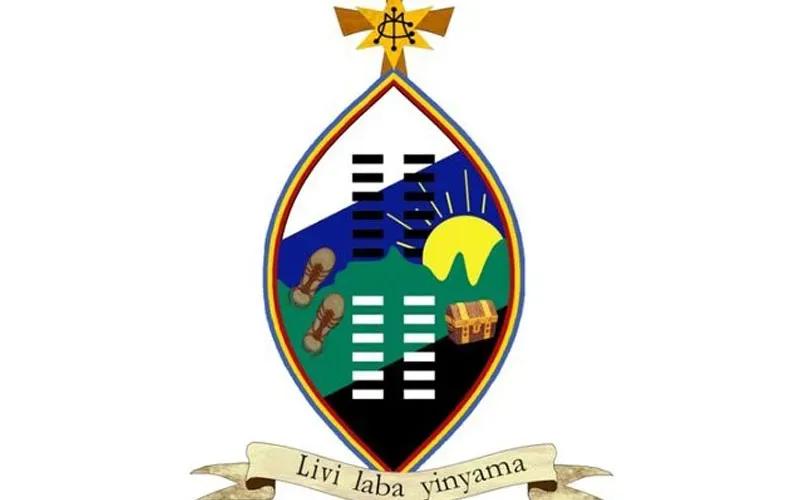Manzini, 24 October, 2021 / 10:00 pm (ACI Africa).
The leadership of the Catholic charity and peace foundation, Denis Hurley Peace Institute (DHPI), has expressed concerns about the protracted political instability characterized by demonstrations and violence in Eswatini.
In a report shared with ACI Africa Thursday, October 21, DHPI officials who note that Africa’s only absolute monarchy has witnessed a rise in pro-democracy groups since the beginning of the year, highlight recent cases of police brutality against protesters clamoring for multipartyism.
“There is growing concern about the ongoing political and security situation in the Kingdom of Eswatini. The past week has seen protests for political reform and against the brutality of the police,” DHPI officials say.
Unrest in Eswatini began in May when university students took to the streets to call for accountability for the death of their colleague, 25-year-old Thabani Nkomonye, allegedly at the hands of the police.
In late June, the protests grew into daily pro-democracy marches in several locations in Eswatini, with protesters voicing deep-seated political and economic grievances. The police violently suppressed the pro-democracy in July. At least 50 people were reported dead.








